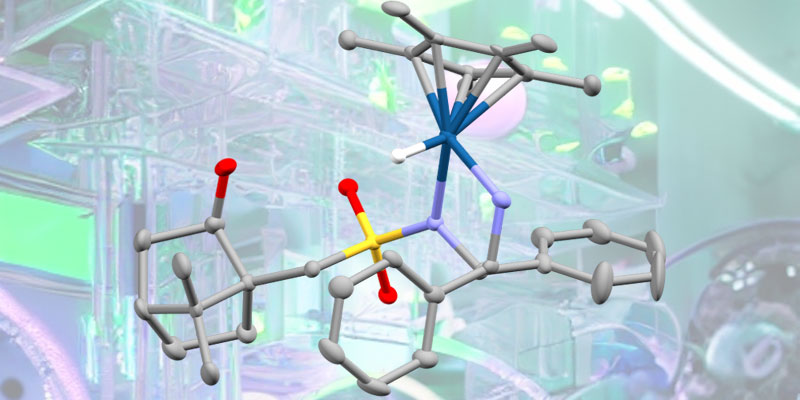
Catalysis for a Cleaner Future
Catalysis provides a way to control chemical transformations at the molecular and sub-molecular levels.
A deep understanding of these reactions enables them to become more efficient and targeted, moving towards greener manufacturing that eliminates waste, uses renewable raw materials, and avoids the use of toxic or highly energy-consuming processes.
Distinctively, our work is underpinned by fundamental, mechanism-led metal catalysis that combines experimental, spectroscopic and computational methods.
- Transition metal catalysis
- Main group organometallic catalysis
- Biocatalysis and bio-inspired metal catalysis
- Photochemistry
- Electrochemistry
- High throughput experimentation using robotic systems in batch and flow
- Digital chemistry
- Data-driven approaches to model, optimise and predict reaction outcomes
Collaborations
We have links with other research themes within the department, including Green and Sustainable Chemistry, Digital Chemistry and Technologies for Molecular Measurement.
The facilities within the Centre for Hyperpolarisation in Magnetic Resonance, the Centre of Excellence in Mass Spectrometry based in the Department and the University of York YorRobots initiative unpin our research.